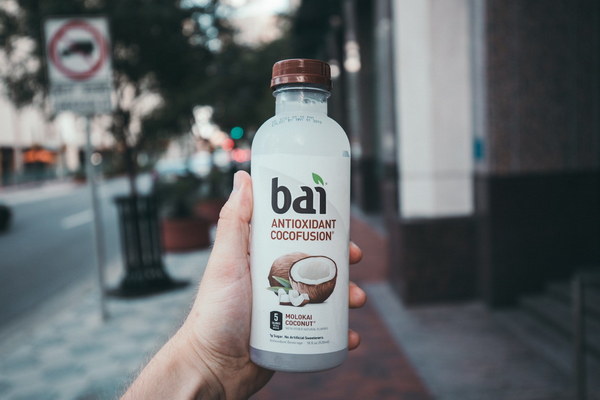Is Certification Necessary for Beauty and Skincare Needs
In today's fast-paced world, where beauty and skincare have become an integral part of our daily lives, many people are left wondering if certification is necessary for achieving their desired results. The answer to this question depends on several factors, such as the type of beauty and skincare services required, the individual's goals, and the overall quality of the products being used.
Firstly, it is essential to understand that beauty and skincare are vast fields with a wide array of techniques, products, and treatments available. In this context, certification can be beneficial for several reasons:
1. Ensuring safety and quality: Certified beauty and skincare professionals have undergone rigorous training to understand the safety and quality aspects of their services. This ensures that clients receive treatments that are safe and effective, minimizing the risk of adverse reactions or complications.
2. Knowledge and expertise: Certification programs typically cover a broad range of topics, including skin anatomy, skincare products, and various treatment techniques. This knowledge allows professionals to provide informed advice and tailor their services to individual needs.
3. Professionalism and credibility: A certified beauty and skincare professional is more likely to be reputable and professional. This can provide peace of mind for clients who are seeking high-quality services.
However, there are instances where certification may not be necessary:

1. Over-the-counter products: Many beauty and skincare products are available over the counter, and individuals can achieve their desired results by following instructions and conducting research. In these cases, certification may not be a priority.
2. Personal skincare routines: Some people prefer to maintain their beauty and skincare routines at home. By using high-quality products and following proper techniques, they can achieve excellent results without the need for certification.
3. Non-invasive treatments: Non-invasive treatments such as facial peels, microdermabrasion, and dermaplaning can be performed by trained individuals who have not necessarily obtained certification. However, it is crucial to ensure that the person performing the treatment has adequate training and experience.
When considering certification for beauty and skincare needs, it is important to evaluate the following factors:
1. The type of service: If you are seeking a specialized treatment, such as injectable fillers or laser therapy, certification is highly recommended. These treatments carry a higher risk and require a professional with extensive training.
2. The quality of products: Certified beauty and skincare professionals often use high-quality products that have been tested and approved. This ensures that clients receive the best possible results.
3. Your personal goals: If you have specific goals in mind, such as achieving clear skin or reducing the appearance of fine lines and wrinkles, certification can help you find a professional who can assist you in achieving these goals.
In conclusion, certification is not always necessary for beauty and skincare needs, but it can provide several benefits, particularly when seeking specialized treatments or high-quality products. It is essential to evaluate your individual needs and goals to determine whether certification is the right choice for you. Remember, a well-trained and experienced professional, whether certified or not, can help you achieve your desired results.









